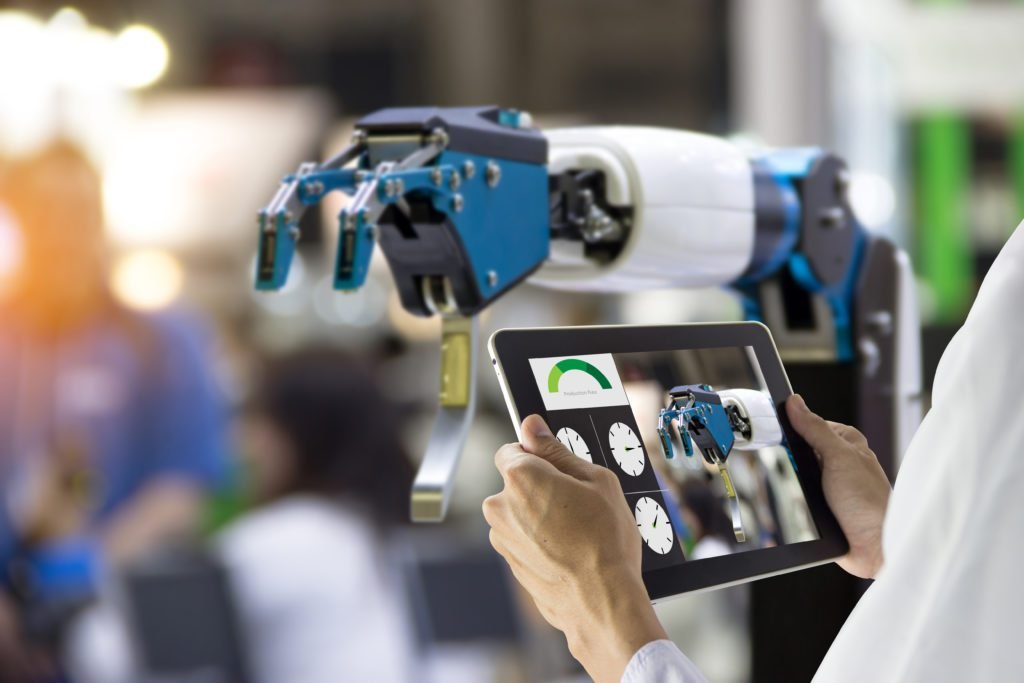Data science is a broad discipline concerning data systems and processes with the aim to maintain data sets and derive insights from them. On the other hand, Artificial Intelligence (AI) pertains to mathematical algorithms that can replicate human thought processes to understand complex relationships, plan for the future and make actionable decisions.
Machine Learning (ML), on the contrary, helps to implement AI by “training” computers to solve various tasks. Data science incorporates several areas of artificial intelligence and machine learning while primarily focusing on gaining insights from data.
But, how are these three fields related, and what is the impact of AI and ML in shaping the data science industry? Let’s find out.
Data Science, AI, and ML: Where Lies the Difference?
Data science finds widespread use in several businesses to improve production processes, innovation of product design, and enable strategic planning. It involves techniques of mathematics, statistics, computer science, and even ML to extract knowledge from data and provide insights and decision paths.
On the contrary, AI enables computers to observe their environment and make decisions based on what they observe. Some of the most widespread uses of AI include processing clinical data, creating chatbots and smart assistants, and financial planning. Add the machine learning component, and AI can enable computers to solve new problems such as classification and predictions.
The fields of data science, AI and ML overlap significantly and yet have subtle differences. In a nutshell, data science gives insights, AI produces actions, and ML facilitates predictions.
The Combined Effect of AI and ML on Data Science
Data science and data analytics have long been revolutionizing the business landscape. Companies that have mastered their use of data science and analytics aim to delve deeper into data to increase efficiency, boost their bottom lines and gain a competitive edge.
Thus, they are looking to incorporate AI and ML into their data infrastructure to achieve business goals. For instance, call centers have long been using conversation analytics software, platforms that leverage AI and ML to gain better data insights.
Following are a few more examples to show how AI and ML combined with data science make a remarkable difference to organizations:
- Conversational AI systems such as chatbots and smart assistants engage in highly interactive conversations with customers and users and capture actionable user insights in the process.
- Predictive analytics applications enable the analysis of dynamic datasets to make financial predictions, forecast business trends, customer behavior, etc.
- Hyper-personalization systems enable customized offerings to customers, such as product recommendations, targeted advertising, personalized medical care, and financial planning.
- Also, organizations can consistently respond to evolving threats, thanks to anomaly detection systems that leverage the potential of adaptive fraud detection and cybersecurity processes.
The business value of data science alone cannot be understated. However, integrating it with the tools and techniques of AI and ML has way more potential to produce actionable insights from the ever-expanding data pool. In conclusion, AI and ML have been impacting the data science industry for a long time and will continue to do so in the foreseeable future with even more ground-breaking innovations.
How to Learn AI?
Looking for an artificial intelligence course? There are several AI and ML courses available online with extensive coverage of data science, ML, NLP, deep learning, and computer vision. But before you settle on a course, ensure that the curriculum offers practical learning through real-world projects, has scope for ample industry exposure, and provides a globally recognized certification after course completion.








